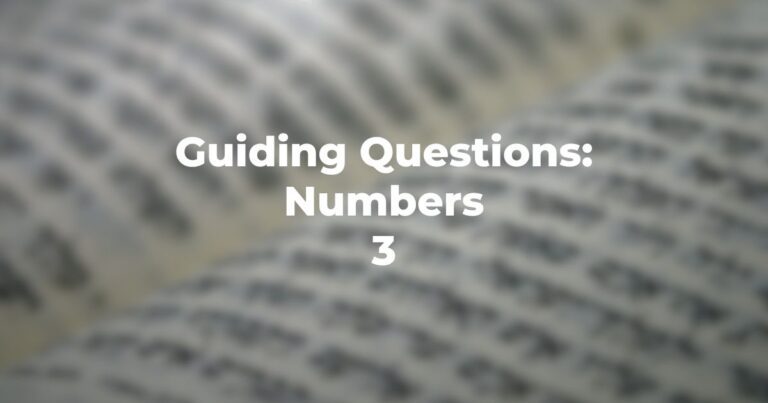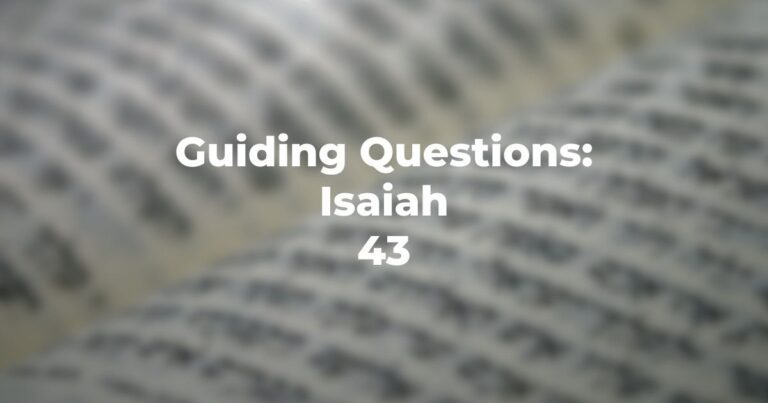- What immediately distinguishes Proverbs 15 from Proverbs 14?
- Proverbs 15:1 is often quoted. Why is it one of the best known teachings of Proverbs? Cf. Proverbs 15:18.
- What theological principle is evident in Proverbs 15:3?
- Is Proverbs 15:4 essentially different from Proverbs 15:1? If so, how does it differ?
- How is the sentiment of Proverbs 15:8 a reflection of prophetic teaching? See, e.g., I Isaiah 11.
- What are Sheol and Abaddon (Proverbs 15:11) and why are they not translated? How does “the minds of men” serve as a contrast to the first half of the verse?
- In the many references to the poor (as in Proverbs 15:15), does the writer seem unsympathetic to his plight?
- On the other hand, does Proverbs 15:17 indicate that poverty may have its virtues?
- Is the precept in Proverbs 15:22 incontrovertible?
- To what modern professions does Proverbs 15:23 have particular application?
- What is the point of the reference to the widow in Proverbs 15:25?
- What particularly modern application can you find for Proverbs 15:27?
- Proverbs 15:29 includes a rare reference to prayer. Do you accept this verse’s premise?
- Explain the peculiar phrase, “fat on the bones” (Proverbs 15:30).
- Is there an inherent contradiction in the statement that “humility precedes honor” (Proverbs 15:33)?
Author
-

Exploring Judaism is the digital home for Conservative/Masorti Judaism, embracing the beauty and complexity of Judaism, and our personal search for meaning, learning, and connecting. Our goal is to create content based on three core framing: Meaning-Making (Why?), Practical Living (How?), and Explainers (What?).
View all posts




